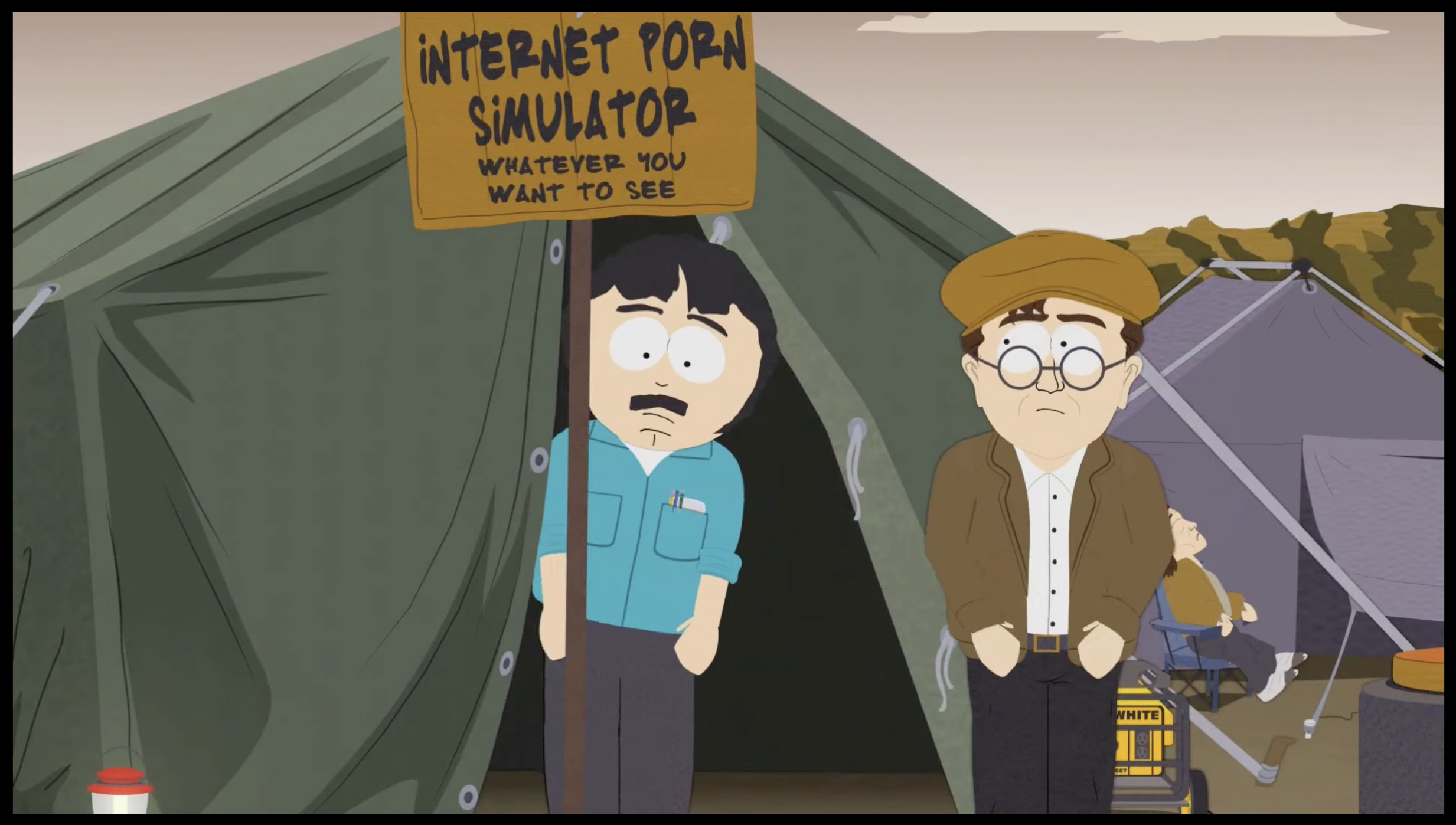At first glance, this all sounds positive, especially for users without an affinity for AI.
However, time will tell whether the program will become less appealing if it turns out that the majority of Affinity users are not persuaded to sign up for a Canvas subscription for AI editing.
Either certain tools and functions will disappear behind a paywall, or compatibility will be restricted by no longer allowing free import and export to certain file formats.










I found this video today from Michael Janda: HOT TAKE - Affinity is NOT “Free”.
Although I do not agree with all the points he comes up with, he has some good explanation, while being speculative, why Affinity is going this route. In short: Affinty is now a loss leader, hoping that people will sign up eventually for a Canva subscriptipn for using AI tools in order to compete with Adobe who still is the leader in the professional field.